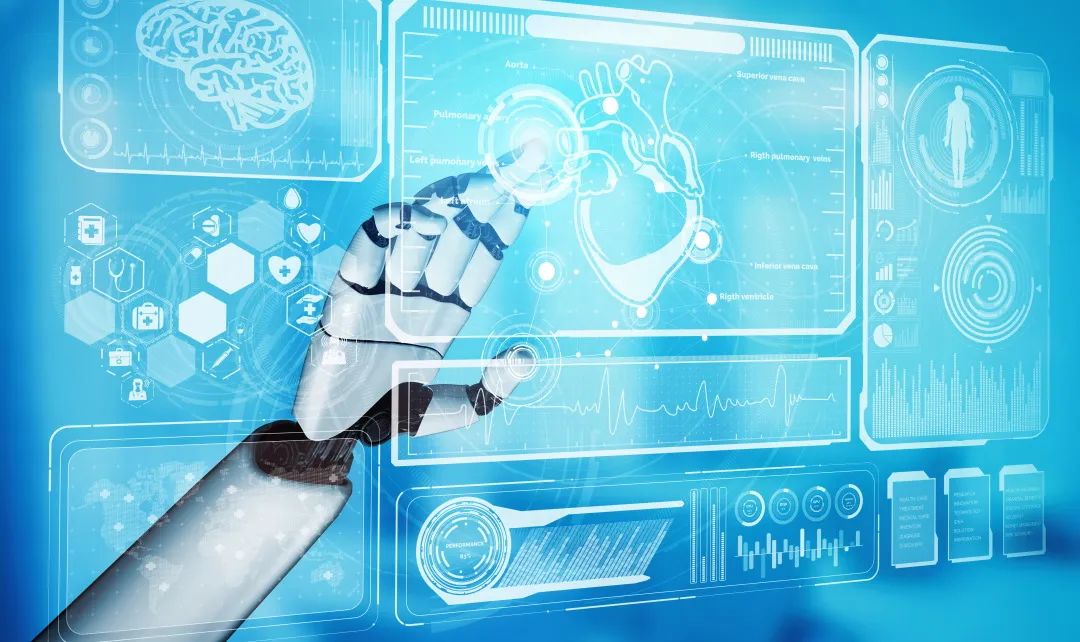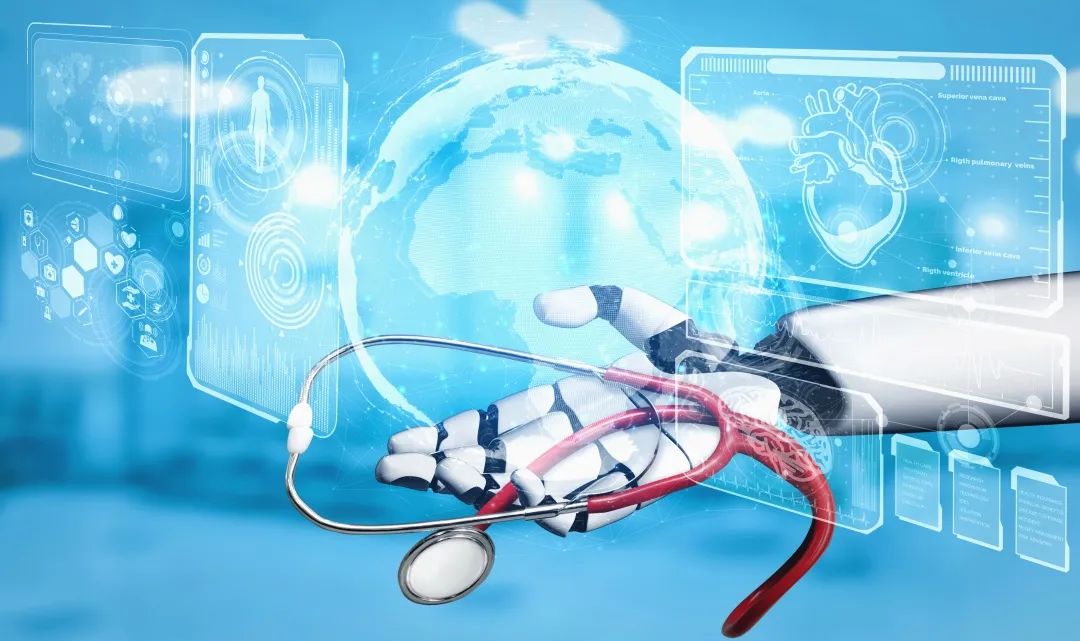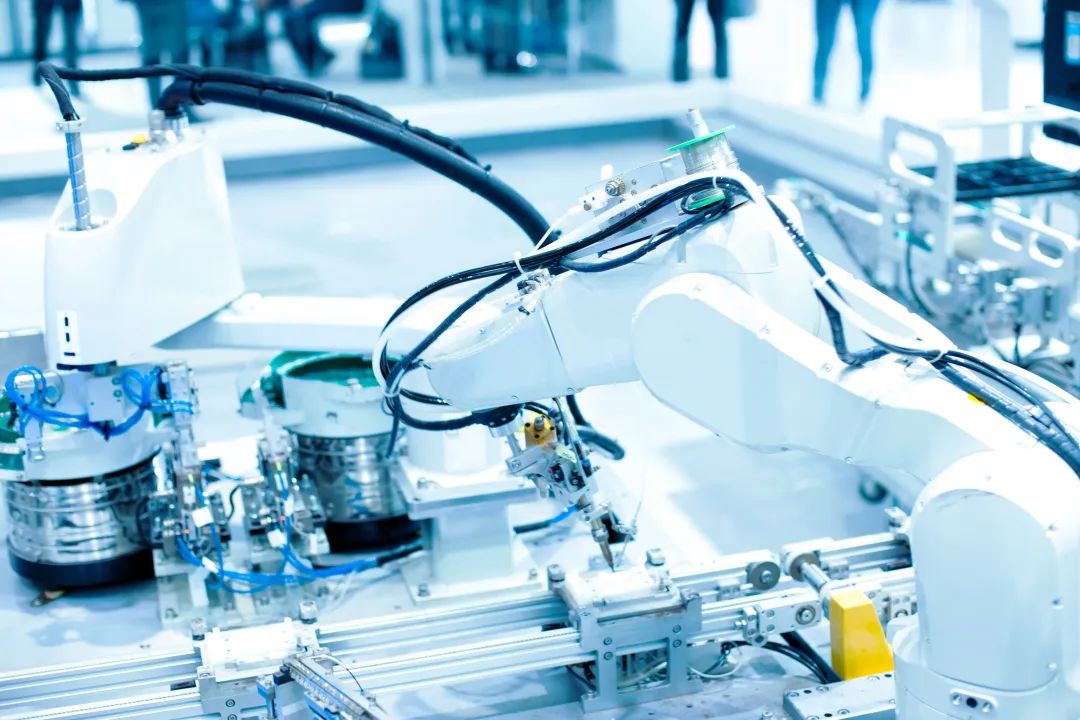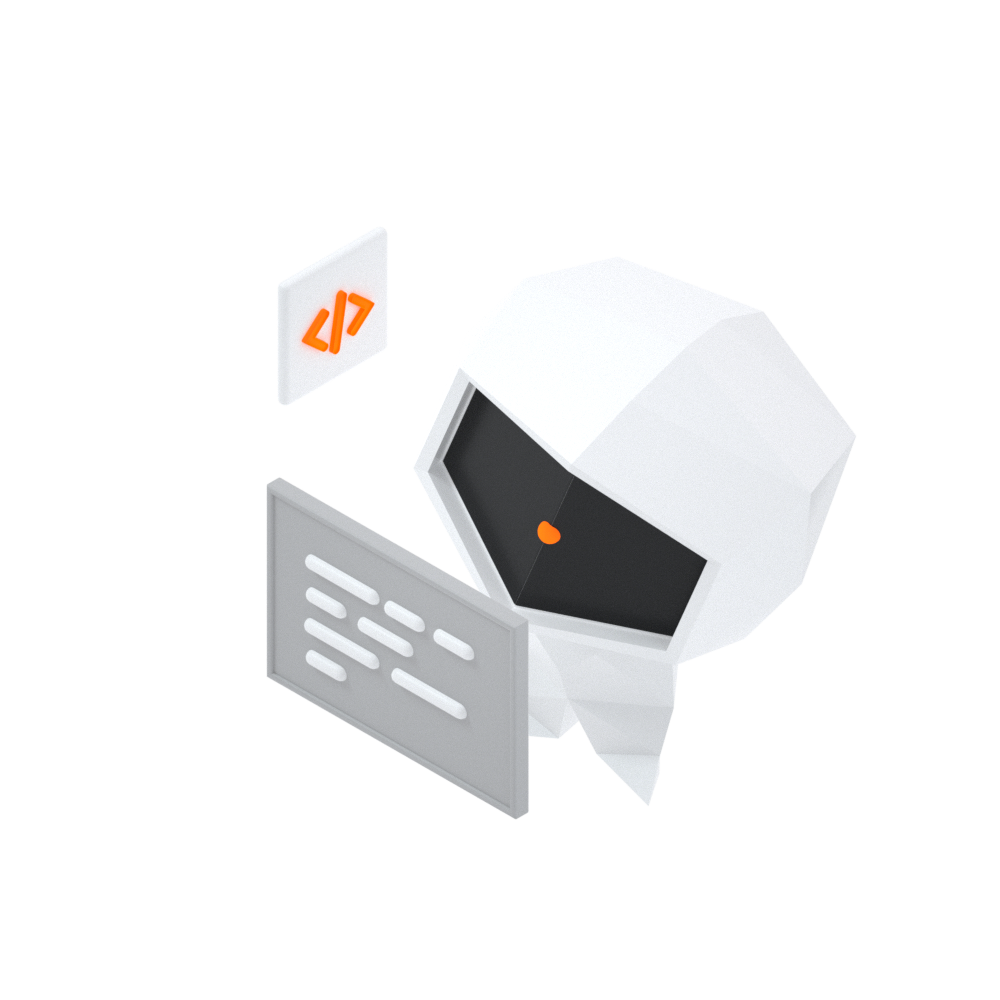By Alibaba DAMO Academy
In 1910, educator Abraham Flexner issued a report on the innovation of medical education. He believed that medical education should develop in the direction of specialization, high level, and integration with basic scientific research. Subsequently, the academic medical center paid more attention to basic scientific research. The extensive medical research has been changed dramatically, and many professional doctors' heads are full of gray hair.
The contribution of basic scientific research to modern medicine is clear-cut. For example, people have always believed that the occurrence of gastric ulcers is mostly due to excessive pressure on patients. It was not until recent years that people realized that Helicobacter pylori played a key role in the pathogenesis of gastric ulcers. Doctors also comprehensively innovated the treatment plan for gastric ulcers on this basis.

However, traditional medicine still relies on the doctor's experience, and the effect is as uneven as manual findings. The current classification of diseases is mainly based on symptoms, diseased tissues, and other laboratory and imaging techniques. Different diseases are classified into different ranges based on the data contributed by the methods above. The detailed analysis of different diseases is not enough currently.
The newly developed artificial intelligence technology has brought hope to solving these problems. The deep integration of artificial intelligence and precision medicine and the organic combination of expert experience and new auxiliary diagnosis technology will become a high-precision navigation system for clinical medicine. It will provide doctors with automatic guidance, make medical decision-making faster and more accurate, and quantify, calculate, predict, and prevent major diseases.

It is expected that people-centered precision medicine will become the main direction, and artificial intelligence will fully penetrate all aspects of disease prevention, diagnosis, and treatment over the next three years, becoming a high-precision navigation collaboration for disease prevention and diagnosis and treatment.
Traditional medical methods have limitations in the early screening, diagnosis, prognosis, and treatment of diseases, which are reflected in the accuracy of diagnosis, diagnosis, and treatment efficiency, accuracy, and effect. Artificial intelligence is expected to organically combine the experience of medical experts and new auxiliary diagnostic technologies and continue to evolve on the basis of meeting clinical design goals. With good human-computer interaction capabilities and mutual trust with doctors, it has become an indispensable helper for doctors.

Artificial intelligence technology has been proven to be effectively combined with new technology research (such as genetic testing, targeted therapy, and immunotherapy), which has changed the diagnosis mode that relies solely on the experience of doctors. Let's take tumors as an example. In the early screening and diagnosis links, the application of artificial intelligence has moved from a single cancer species to a precise early screening of all cancer species. With artificial intelligence image analysis, doctors can find traces of cancer cells and change the traditional diagnostic mode of observing cancer cells with the naked eye. Automated screening of large numbers of people can be realized through the integration and analysis of sample big data markers. At the same time, artificial intelligence can also automatically generate multimodal radiopathological diagnosis and comprehensive evaluation reports to assist doctors in decision-making, improve the early diagnosis rate and treatment rate of cancer, and reduce the mortality rate of malignant tumors. According to statistics from the United Kingdom and the United States, early breast cancer screening using artificial intelligence has reduced the positive misdiagnosis rate by 5.7% (the U.S.) and 1.2% (the U.K.), respectively.
Artificial intelligence will improve the traditional cancer treatment method in the treatment link. The treatment of the tumor is no longer a simple surgical resection but can determine whether it recurs or metastasizes. It can be seen more accurately than the naked eye and make the treatment process transparent and simple. Based on the analysis of clinical data, artificial intelligence will also play a key role in the detection of individual conditions and targeted drug use in radiotherapy and chemotherapy. In addition, artificial intelligence will continuously improve the accuracy of predicting antigens during tumor-specific immunotherapy. Specific cellular immunotherapy is the most potential tumor treatment method. It requires tumor-specific identification to make antigen prediction. Artificial intelligence replaces artificial experiments to screen a large number of spatial structures of abnormal antigen peptides and immune cell receptors to complete the work beyond doctors' capability.

In the prognosis link, artificial intelligence technology has changed the prediction method that relied solely on expert experience in the past and realized accurate calculation based on clinical data indications, which can guide the prognosis and reduce risks.
The main challenge of high-precision medical navigation is standardization, normalization, and interpretability. Interpretability is a prerequisite for establishing a mutual trust relationship between artificial intelligence and doctors and industrialization.
People-centered precision medicine will become the main direction over the next three years, fully infiltrating all aspects of disease prevention and treatment. It will become a high-precision navigation collaboration for disease prevention and treatment. Interpretability is expected to achieve breakthroughs with the further development of causal reasoning. Artificial intelligence will provide strong technical support for disease prevention and early diagnosis and treatment.
Frontier Technology | AI on the Cloud Helps Scientific Research
Frontier Technology | Privacy Computing: Putting an "Invisibility Cloak" on Data

871 posts | 198 followers
FollowAlibaba Cloud Community - June 17, 2022
amap_tech - August 27, 2020
Alibaba Clouder - October 15, 2018
Alibaba Clouder - September 20, 2018
Alibaba Clouder - June 17, 2020
Alibaba Cloud Community - January 11, 2022

871 posts | 198 followers
Follow AIRec
AIRec
A high-quality personalized recommendation service for your applications.
Learn More Artificial Intelligence Service for Conversational Chatbots Solution
Artificial Intelligence Service for Conversational Chatbots Solution
This solution provides you with Artificial Intelligence services and allows you to build AI-powered, human-like, conversational, multilingual chatbots over omnichannel to quickly respond to your customers 24/7.
Learn More Alibaba Cloud Model Studio
Alibaba Cloud Model Studio
A one-stop service platform for whole-process generative AI engineering and application development, based on Tongyi Qianwen (Qwen) and other popular models
Learn More Log Management for AIOps Solution
Log Management for AIOps Solution
Log into an artificial intelligence for IT operations (AIOps) environment with an intelligent, all-in-one, and out-of-the-box log management solution
Learn MoreMore Posts by Alibaba Cloud Community